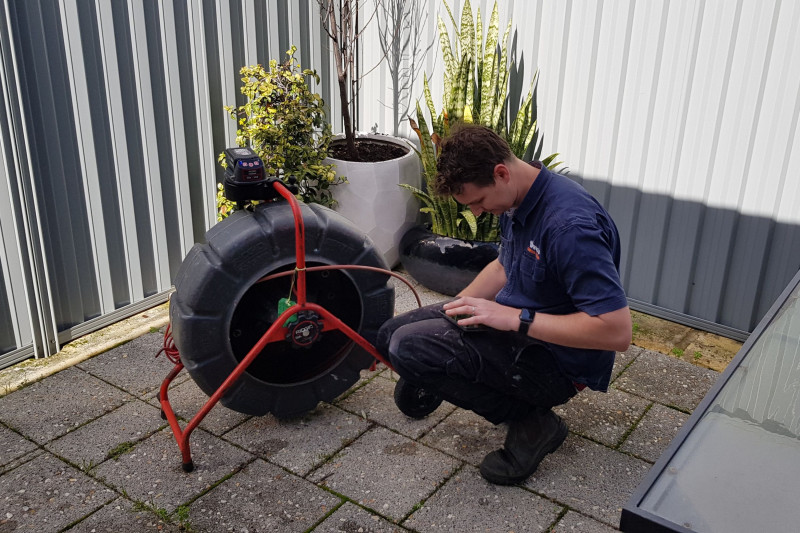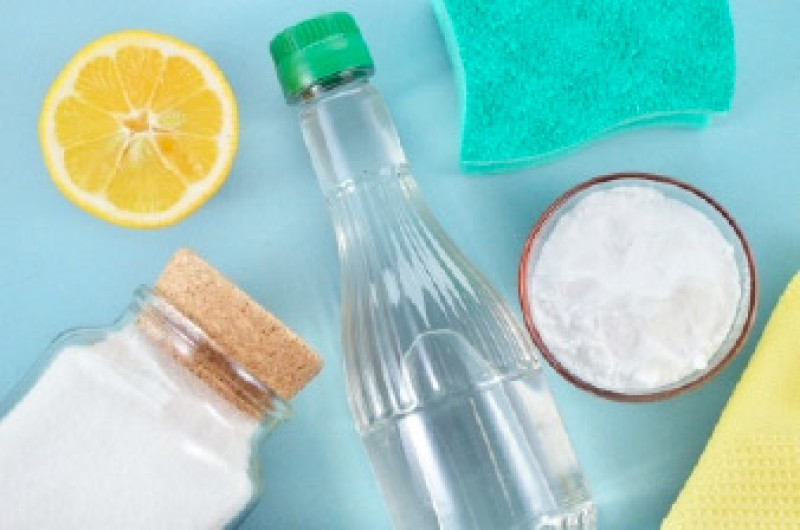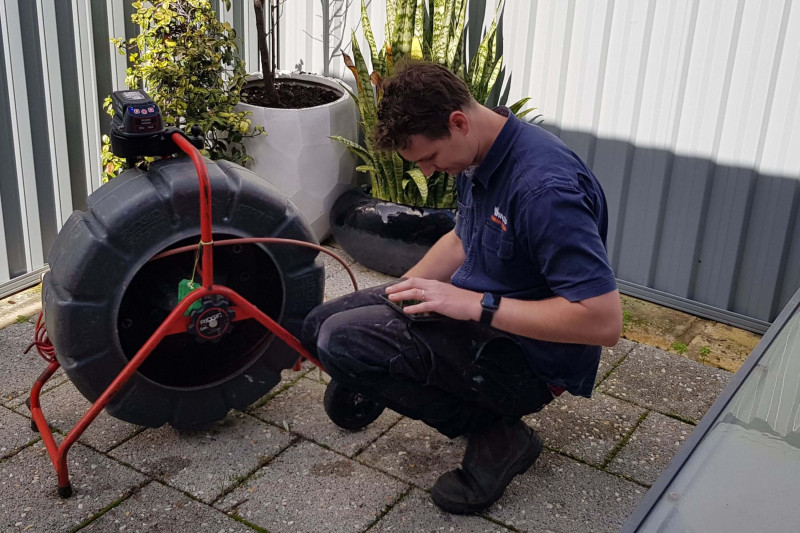Are you tired of holding your breath every time you enter your bathroom? Does a foul odour emanating from your kitchen drain invade your personal sanctuary, making your daily routine unbearable? If you’re nodding in agreement, then fear not, because you’ve come to the right place!
A smelly drain is not only a nuisance but can also be an embarrassing issue that affects the overall ambience of your room. From the unmistakable stench that lingers after using the shower to the unpleasant odour that wafts up from your bathroom drain, these experiences can turn even the most tranquil spaces into odour-ridden nightmares.
But worry not! In this comprehensive guide, we’ll walk you through effective techniques and time-tested methods to banish the smelly drain problem once and for all. Whether it’s a bathroom drain, shower drain or even kitchen sink drain that’s been causing you grief, we’ve got you covered.
What causes smelly drains?
To properly address stinky drain smells, you need to identify what is causing it. Not only will this help you address the root problem but can also help you prevent smelly drains in the future. Some common causes of a foul smell radiating from your drain include:
Blocked drains
One of the leading causes of smelly drains is a blocked drain. If your bathroom drain is clogged or drains water slowly, it can create a breeding ground for bacteria and cause odours to develop. Standing water in the drain can also become stagnant and emit foul smells. Signs of a blocked drain to look out for also include gurgling sounds, slow drainage, overflowing drains and water pooling.
Accumulated debris
Over time, organic matter like hair, soap residue, food particles, and grease can accumulate in your drains. Bacteria and fungi feed on these substances, leading to the production of unpleasant odours. Although it may be tempting to treat your sink as a garbage disposal, it’s best to avoid pouring food scraps, leftover oil and other debris down to avoid a smelly kitchen drain or blocked drain. In the bathroom, it’s best to regularly clear your drains to prevent a build-up and subsequent bacteria growth.
Bathroom drain mould
Bathrooms are often humid, and without proper ventilation, moisture present in your drains can promote the growth of mould and mildew. These can emit musty or earthy odours. Maintain a regular cleaning routine for your bathroom drains and ensure that your bathroom is adequately ventilated to reduce humidity levels. Use exhaust fans or open windows during and after showers to allow the moist air to escape.
How do you prevent smelly drains?
Prevention is always best. If you neglect to do so for very long, sooner or later the room is going to smell a little gross. The cause wouldn’t be food or fats, oil and grease that’s slipped down the drain, but the bacteria that mass attracts.
Beyond the stench, a drain left untreated for too long is bound to become blocked and cause you problems.
Now, learn how to keep your drain odour and blockage-free.
Baking soda and vinegar
A combination of baking soda and vinegar works like a charm as a drain cleaner due to a chemical reaction between the two substances. When baking soda is mixed with vinegar, it produces carbon dioxide gas, which forms bubbles and creates a fizzy action that helps to break down organic matter and neutralise odours. Pour 125 ml each of baking soda and distilled white vinegar down your drain and let it sit for a half hour. Next, pour a pot of boiling hot water down the drain to flush any remaining residue.
Use an organic drain clearing solution
If a baking soda and vinegar solution doesn’t work, you may have luck using an organic drain cleaner. By pouring an organic drain clearing solution down the drain, you’re accomplishing a few things. First, even one application will likely remove the obstruction that caused the odour. Regular use will prevent future problems. Equally important, by using an organic vs. chemical product you won’t risk corroding the internal lining of your drain pipes.
How do you fix smelly drains?
Now that you understand what’s causing the smelly drains you can put in a plan to fix them and prevent them in the future. Here are things you can do to fix your smelly drain.
Fixing smelly drains caused by blocked drains
To clear a blocked drain, start with a plunger to create suction and dislodge the clog. If that doesn’t work, try using a drain snake to break up the blockage. Alternatively, use a mixture of baking soda and vinegar or another drain clear followed by hot water to dissolve the clog. If all else fails, it’s best to contact a plumber to clear the blockage. Without professional intervention, persistent efforts might still result in ongoing drainage issues and unpleasant odours.
Fixing smelly drains caused by accumulated debris
To remedy foul-smelling drains resulting from accumulated debris, start by removing visible debris using gloves and scrubbing. Then, trial using drain cleaners, followed by hot water, to break down organic matter causing the odour. Repeat as necessary, however, consider calling a plumber for professional drain cleaning if the problem persists.
Fixing smelly drains caused by bathroom mould
Bathroom mould is best cleaned by using drain cleaners. As mentioned above, you can try using vinegar and baking soda or use other organic drain cleaners to clear it. However, in the case of bathroom mould, prevention is always best! Make sure to routinely clean your bathroom drains to prevent the gradual buildup of mould over time, as its removal becomes more challenging the longer it’s left.
Call the team at Swan’s Professional Plumbing
If you still can’t get on top of your smelly drains and none of your deodorising efforts seem to work, it’s time to call in the professionals. At Swan’s Professional Plumbing, our vans are always fully stocked to diagnose and fix all sorts of plumbing issues. Chat to our team if you need a hand getting on top of your smelly drain.



